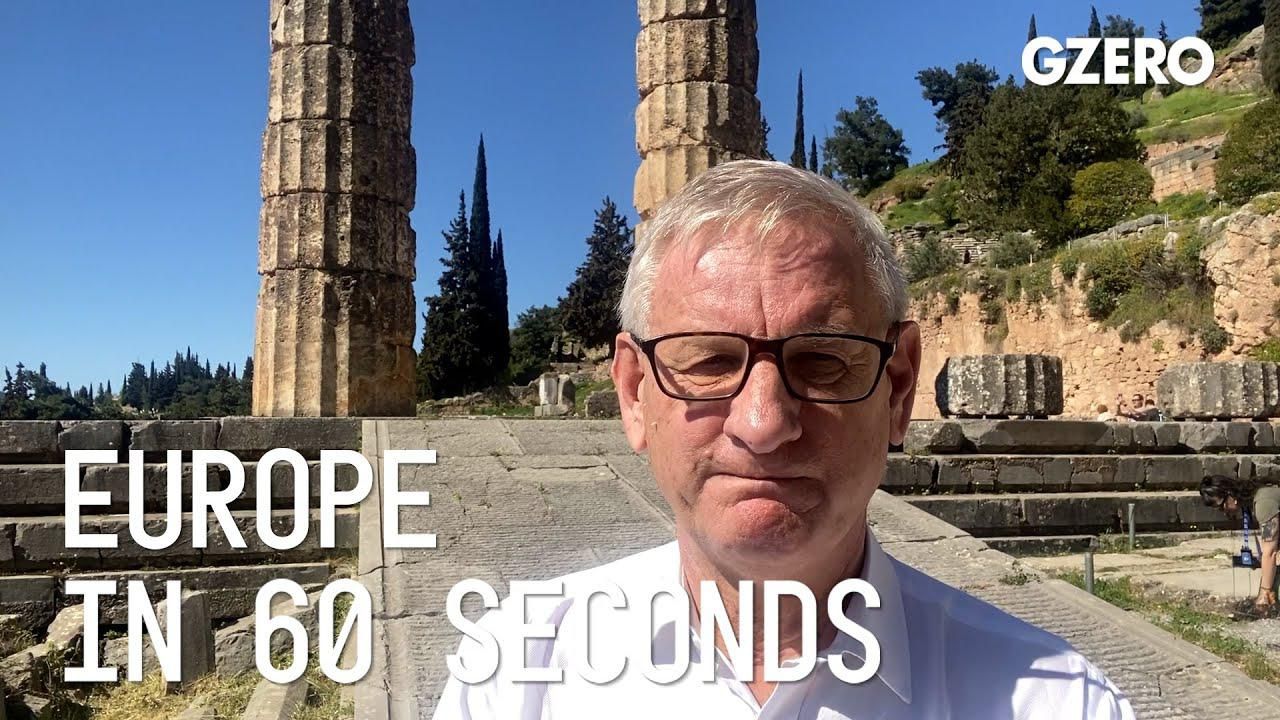
Carl Bildt, former Prime Minister and Foreign Minister of Sweden, shares his perspective from Delphi, Greece:
What's happening with the sanctions and help to Ukraine?
Well, it's moving forward quite heavily, both with now deliveries of more substantial weapons systems, and the key thing, of course, is going to be what happens with the imports of gas if that is stopped. Coal, oil, that's less important, but gas, that's the key thing. And I think we are moving in that direction.
What about the French presidential elections?
Well, we got the first round coming up on Sunday. I think Macron is going to win, but it looks like it's going to be tight. And the drama is going to be more substantial prior to the second decisive round on 25th of April. It's still likely to be Macron, but less money on that than was the case a month ago.